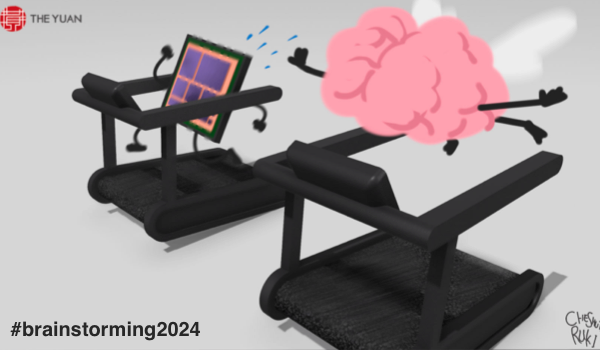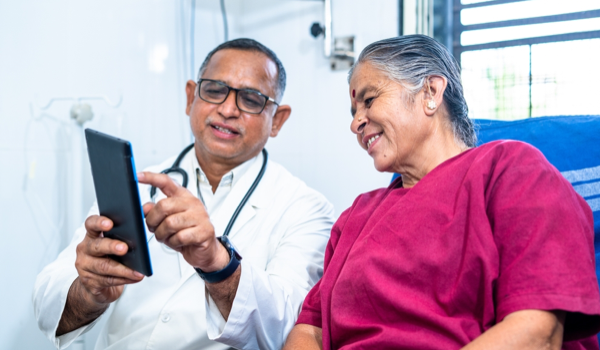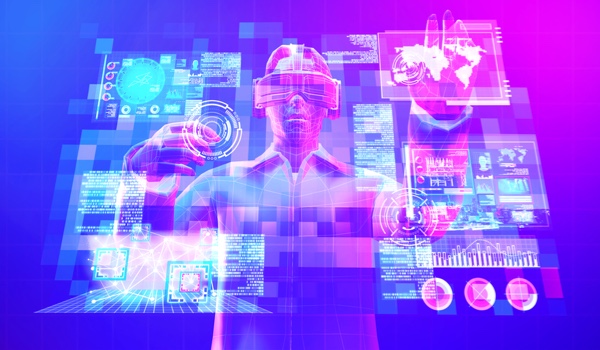

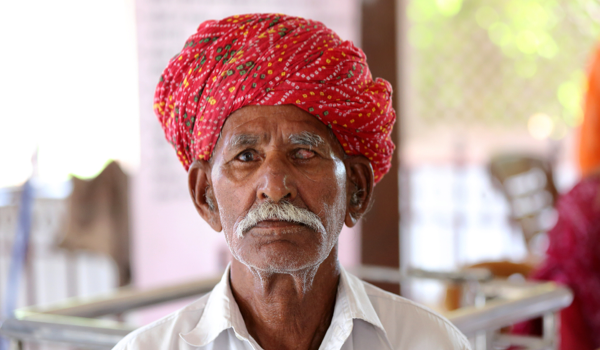
HYDERABAD, INDIA - As the world’s population ages - a phenomenon affecting nearly every country - the burden on healthcare systems has grown too, with COVID-19 not only worsening this problem but also presenting new challenges. Fortunately, recent innovations promise to ease this pressure and make healthcare more accessible, while also setting it on a more sustainable path.
Public healthcare in particular stands to benefit, given the number of people who rely on it. This transformation driven by artificial intelligence (AI) is not just about hypothetical potential, either. It is already underway, impacting how medical services are delivered and contributing to better patient outcomes. Much of this is possible due to AI’s ever-improving accuracy, which increases the likelihood of its full integration into routine clinical practice in the foreseeable future, but this is a complex process that might take years, and many setbacks will inevitably occur along the way. The good news is that this has already begun: In the coming years, to see how AI disrupts healthcare and how its outcomes might differ from its splash in other domains will be interesting.
Public healthcare use cases
As to the ways in which AI has been used to fill the gaps in healthcare, some successful applications that come to mind are medical imaging analysis, natural language processing, telemedicine, remote consultation and monitoring, AI-enabled chatbots and health assistants, and behavioral monitoring.
More comprehensive AI integration in healthcare systems now enables patients to receive remote screenings and consultations, schedule appointments, be notified of potential health concerns based on their past medical history, and monitor their long-term health without the hassle of dealing with traditional healthcare systems.
The content herein is subject to copyright by The Yuan. All rights reserved. The content of the services is owned or licensed to The Yuan. Such content from The Yuan may be shared and reprinted but must clearly identify The Yuan as its original source. Content from a third-party copyright holder identified in the copyright notice contained in such third party’s content appearing in The Yuan must likewise be clearly labeled as such.
 Continue with Linkedin
Continue with Linkedin
 Continue with Google
Continue with Google

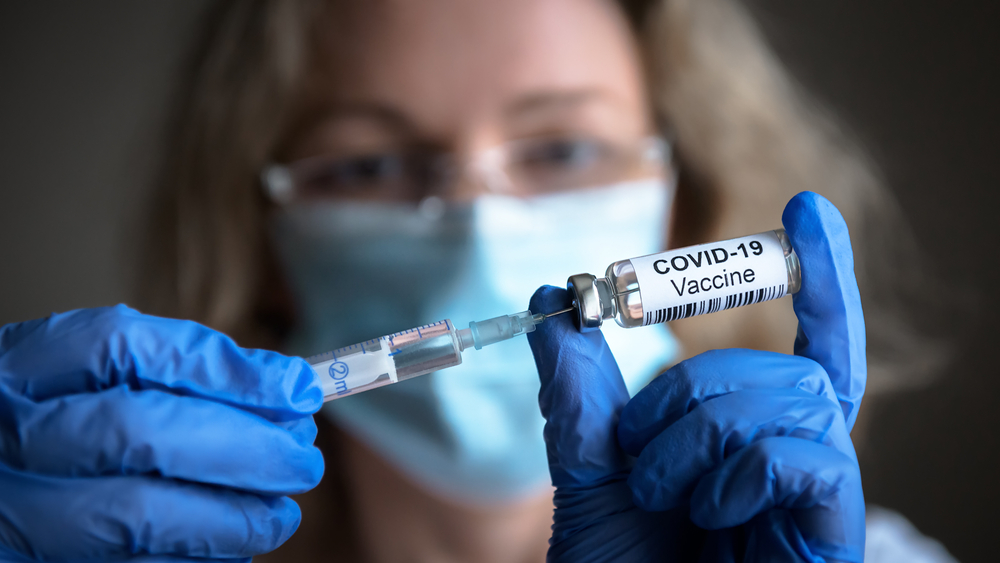








 1209 views
1209 views
